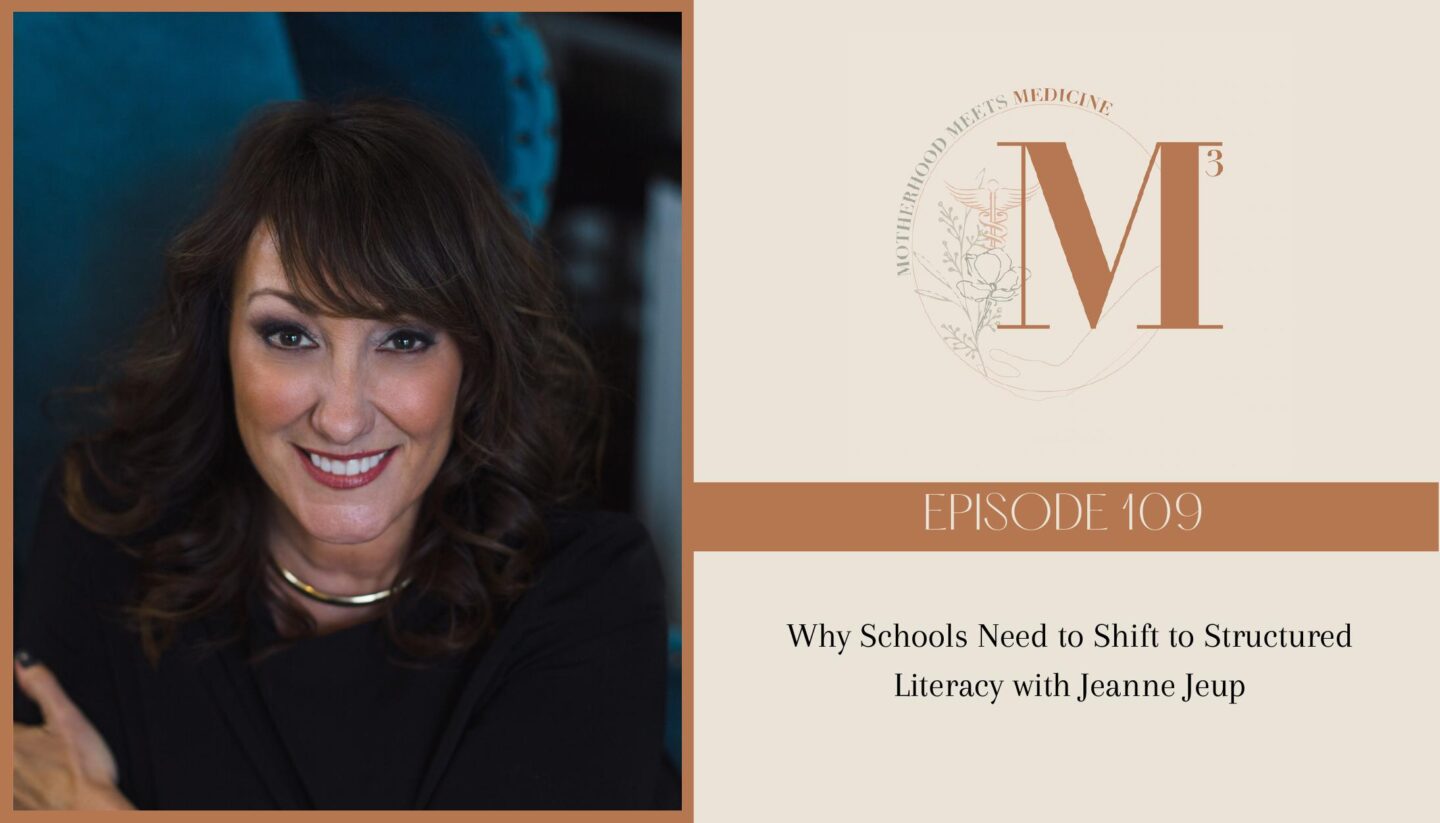hi I'm lynzy
Hello + welcome to this tiny space on the internet! I created this blog (+ changed the name twice since) 14 years ago as a creative outlet from my career in the emergency room as a PA. After spending the past 7 (or so) years on social media outlets, I have decided to delete all of the ones associated with this blog and get back to the heart of blogging.
style
home
motherhood
view all
browse by category
travel
April 12, 2023
Disclaimer: This podcast does not provide medical advice. The information on this podcast is for informational purposes only. No material on this site is intended to be a substitute for professional medical advice, diagnosis or treatment.
Subscribe to the podcast HERE if you have an iPhone – or check out this link if you want to listen on an Android or other devices.

There are five pillars of reading instruction: phonemic awareness, phonics, fluency, vocabulary, and comprehension. These pillars have been identified by the science of reading as the essential skills our children need to develop to become successful and confident readers. Unfortunately, many schools are not focusing on all five of these important elements, and as a result, our kids are struggling to read. Jeanne Jeup is here to share how we can take a structured literacy approach to change this.
Jeanne Jeup is the Co-Founder and President of the Institute for Multi-Sensory Education, founded in 1996. IMSE has become the national leader in Structured Literacy professional development based on the Science of Reading, having trained more than 200,000 teachers, creating millions of readers.
In today’s episode, we will talk about structured and balanced literacy, why schools need to shift to structured literacy, what the Orton Gillingham method is and why it works, and so much more. If you listened to my recent episode with Miss Beth, and why our children cannot read, this is a continuation of that conversation.
In this episode we discuss:
- What structured literacy is and how it’s different from balanced literacy
- Understanding the three-tiered levels of instruction
- Resistance in education to begin implementing Science of Reading strategies
- What to do if you’re a teacher who wants to better your reading instruction
- What you can do as a parent who wants to support your child’s reading
- The difference between a phonetic word and an irregular word
Resources:
- Unlocking Literacy, by Marcia K. Henry
- Speech to Print – Louisa Cook Moats
- Reading Rockets
- IMSE Instagram
- Institute for Multi-Sensory Education
- Episode 95, Why Can’t Our Kids Read? Understanding the Science of Reading with Miss Beth
- Sold a Story Podcast
Discount code from my sponsors:
- Navy Hair Care Shampoo + Conditioner: use code LYNZY for 30% off
- Navy Hair Care Charcoal Mask: use code LYNZY for 30% off
Connect with Lynzy:
Instagram: @motherhoodmeetsmedicine
Sign up for the weekly newsletter here
Quotes:
Practice does not make perfect. It makes permanence. So let’s teach them the right way the first time. Teachers can’t shy away from teaching these foundational skills because they think it’s too easy. These are lifelong skills. They can take them from one-syllable words into multisyllabic words, and their job is to challenge and enrich them based on those foundational skills.
People say the English language is crazy, but it’s pretty predictable once you know the patterns and understand the rules and sounds.
You can’t read a decodable reader without irregular words, so we teach both. It’s a balance.